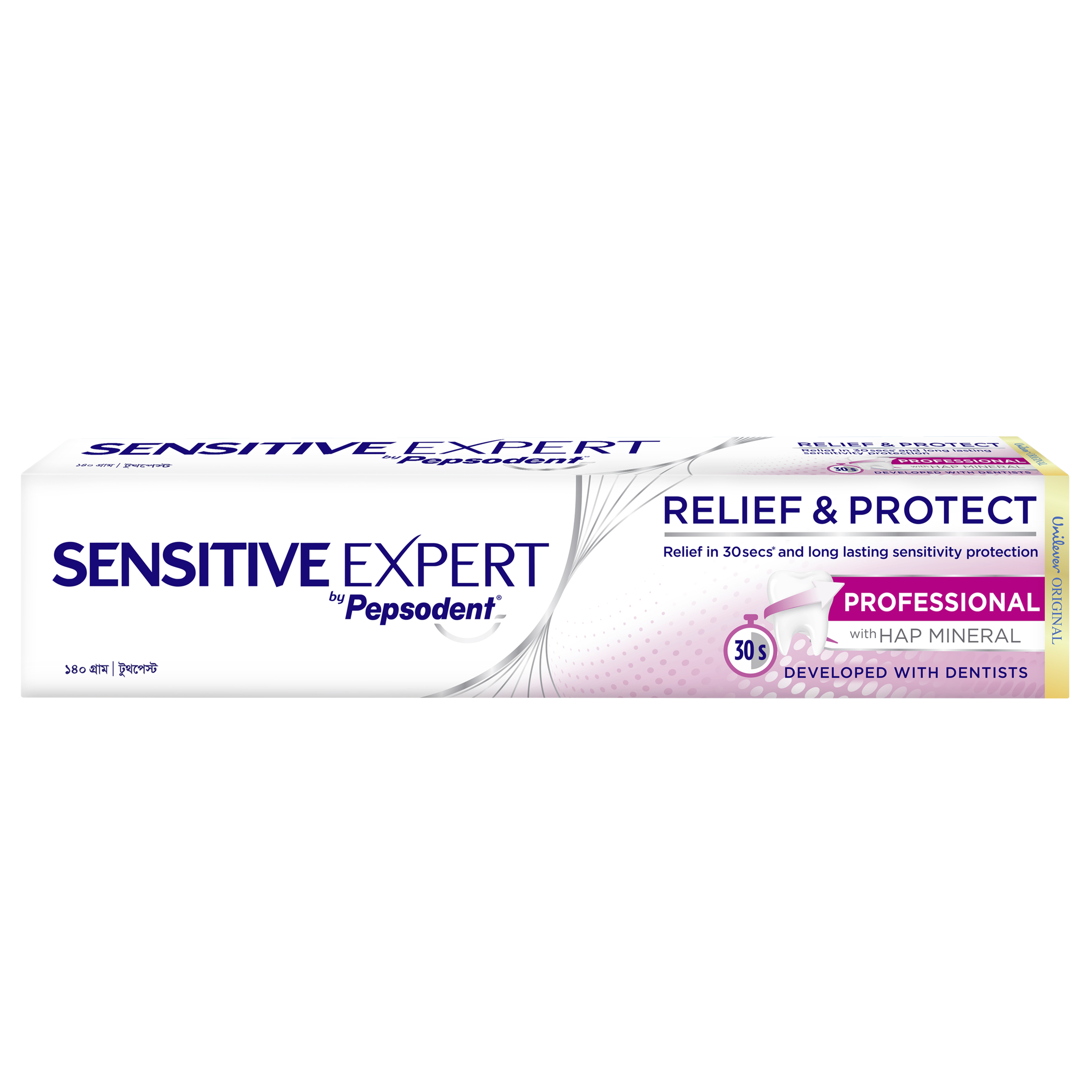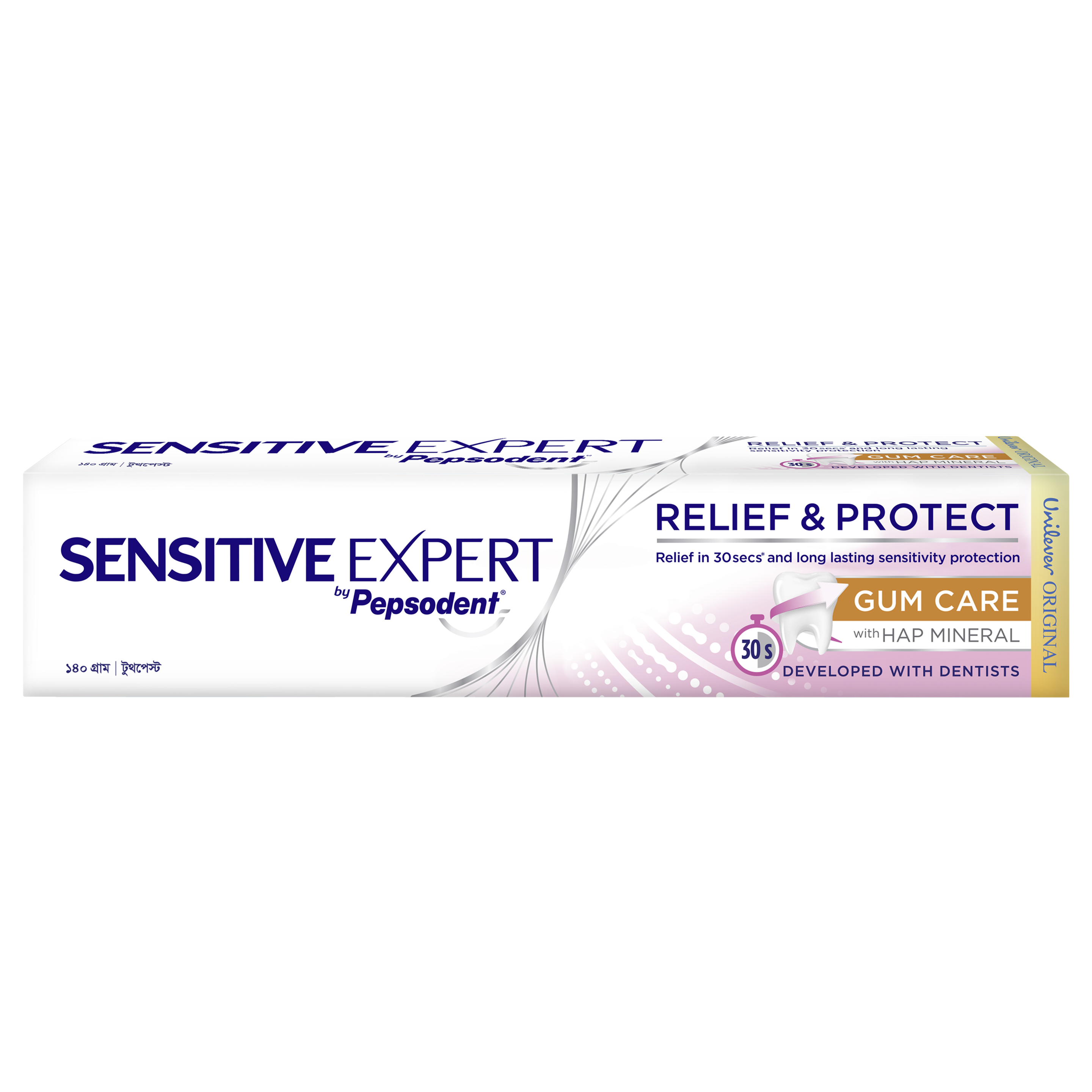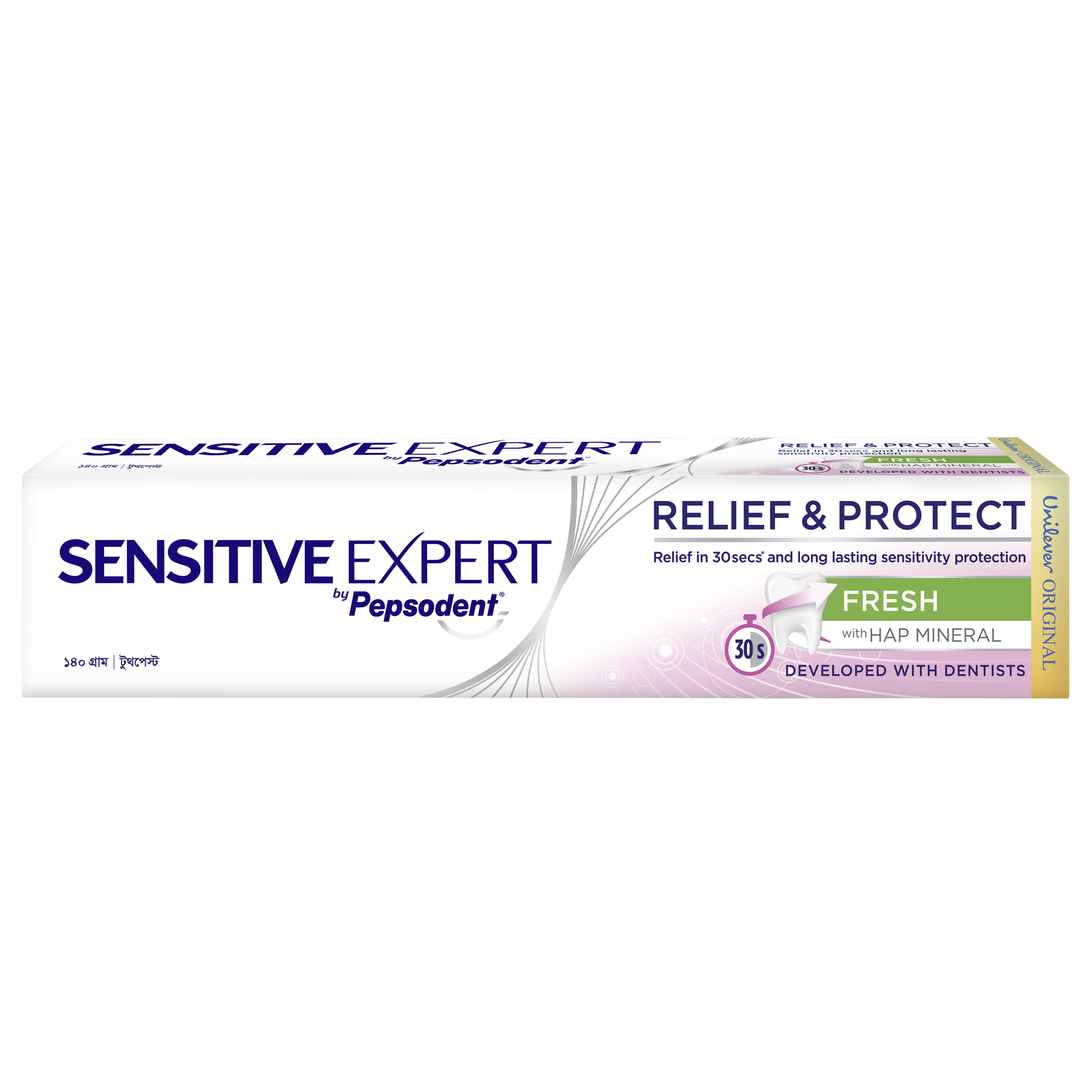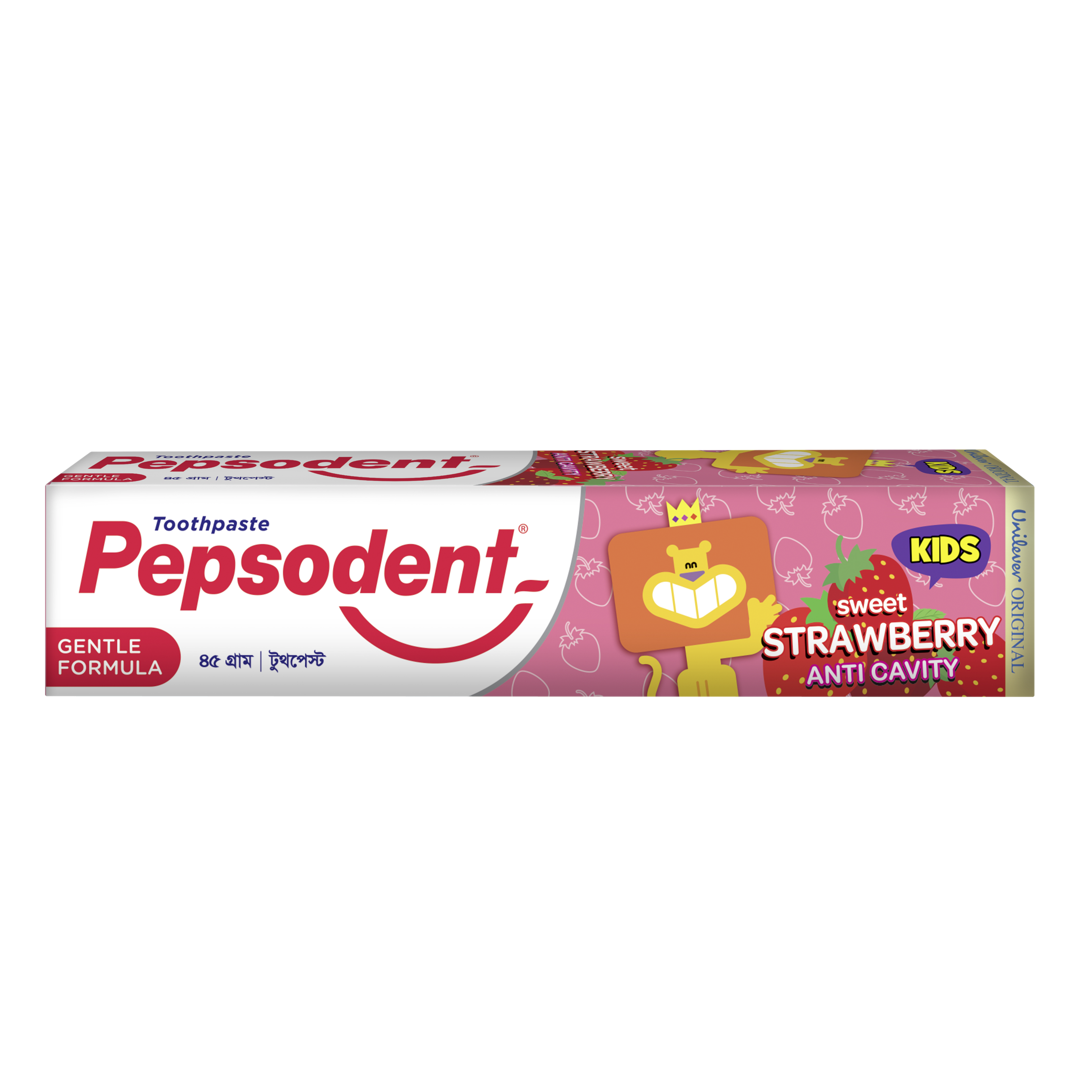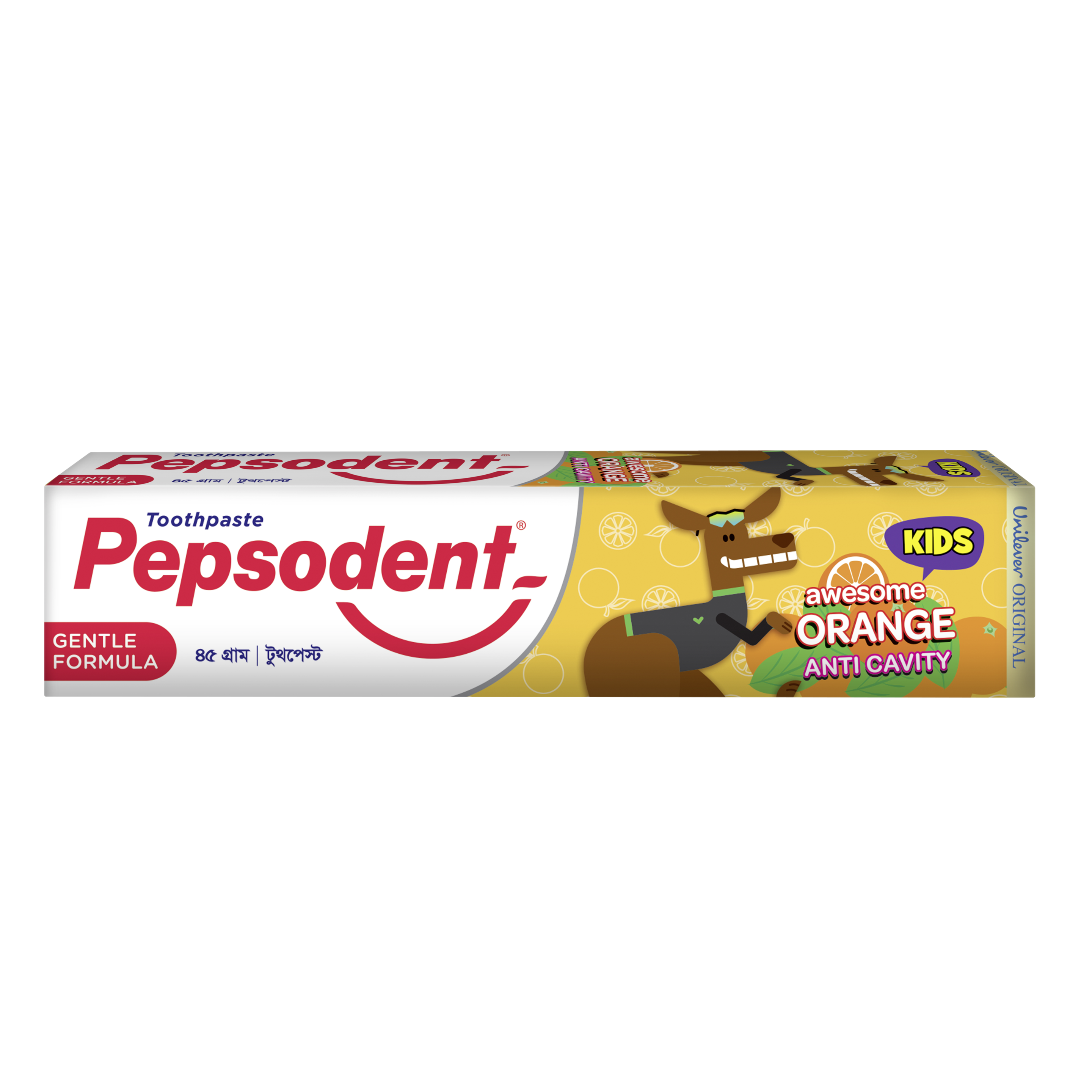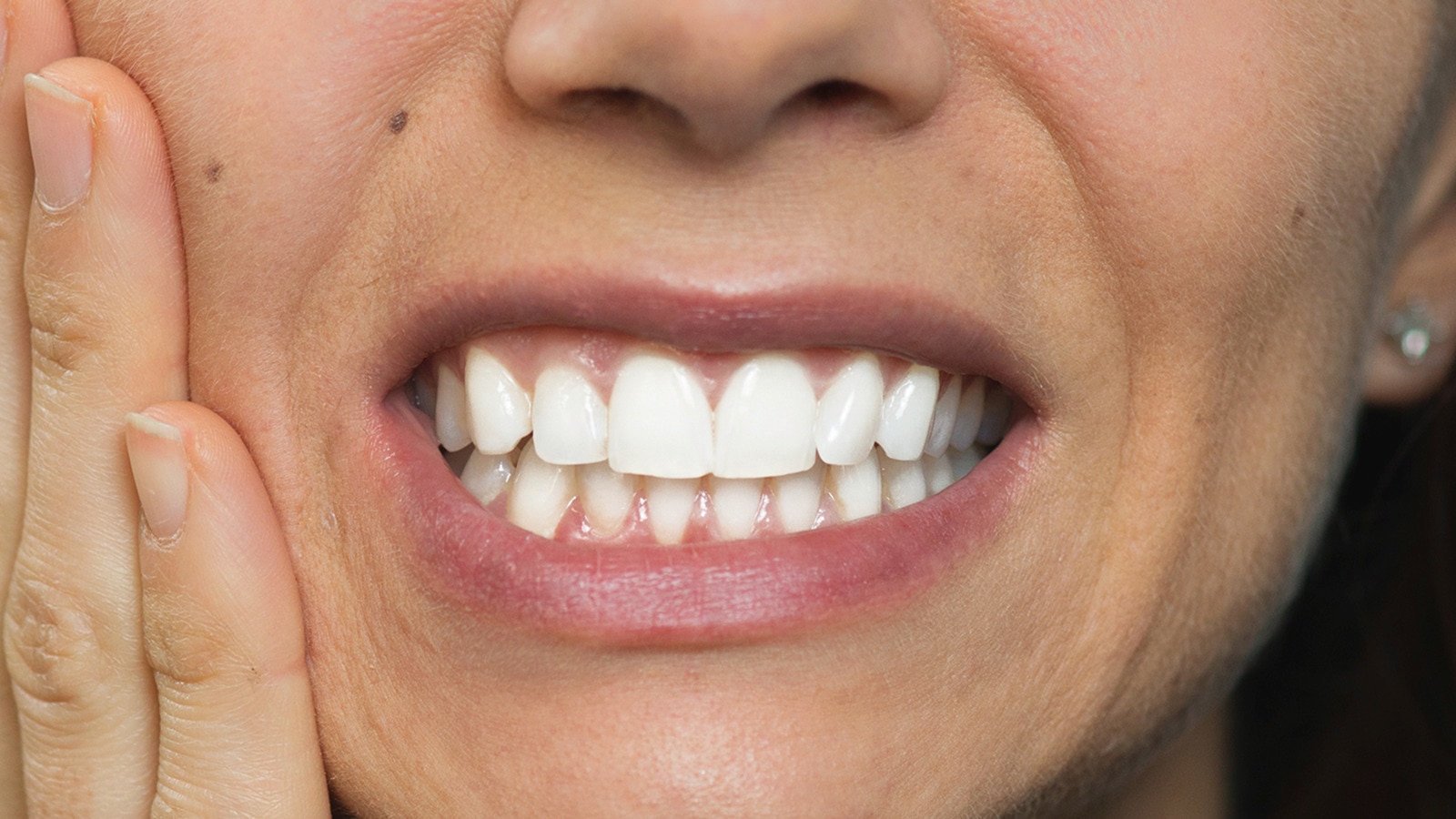Did you know that enamel is the hardest substance in your body? Enamel protects your teeth from daily wear and tear, excessive temperatures and chemicals. Even though it’s very tough, it can get damagaed, and because it has no living cells, your body can’t repair it once it’s damaged. The good news is there’s plenty you can do to prevent enamel loss and damage and keep your teeth strong and healthy.
What causes enamel loss and damage?
Enamel’s biggest enemy is acid – from sugar, starch, and even fruit juices. Other causes include dry mouth (xerostomia), acid reflux disease, gastrointestinal problems or side effects from medications. You can also experience enamel loss and damage because of an inherited condition, or from simple wear and tear caused by excessive brushing or teeth grinding.
What are the symptoms?
The symptoms depend on the severity of the enamel loss and damage, but they can include:
- Sensitivity to certain foods, such as sweets or hot or cold drinks
- Lacklustre or translucent teeth, especially at the edges
- Cracks and chips, where the teeth become rough or jagged
- Discoloured teeth: when the inner layer of dentin becomes exposed
- Indentations: pitting on the surface of the teeth
You May Also Like
- slide 1
- slide 2
- slide 3
- slide 4
- slide 5
- slide 6
- slide 7
How can I prevent enamel loss and damage?
There are plenty of practical ways you can keep enamel loss and damage at bay:
- Cut down on acidic food and drink: This includes fizzy drinks and fruit juices, citrus fruits and vinegar. If you do consume these, follow up with plenty of water.
- Sip acidic drinks through a straw: This gets the liquid to the back of your mouth and away from your teeth.
- Watch your snacking: A sugary or starchy snack between meals feeds the bacteria in your mouth, which in turn produces acids. Go for something healthier, or brush your teeth after snacking (but wait for at least half an hour before doing so).
- Use a fluoride toothpaste: Brush your teeth twice a day with a fluoride toothpaste. Pepsodent contains micro granules that help clean harder to reach areas and is three times more effective against plaque than standard fluoride toothpastes.
- Use a toothpaste that contains hydroxyapatite: In addition to fluoride, make sure your toothpaste has the active ingredient hydroxyapatite, which is a mineral of calcium found in teeth. When combined with fluoride it can help remineralise the tooth enamel.
- Don’t overdo it: Overbrushing contributes to enamel damage and sensitive teeth, so avoid brushing too often and too vigourously.
Your enamel is the toughest substance in your body, but you can still damage it. Stick to a rigorous oral care routine twice a day every day to minimise permanent acid erosion. With a bit of care, you too can achieve healthier and happier smiles for years to come.




